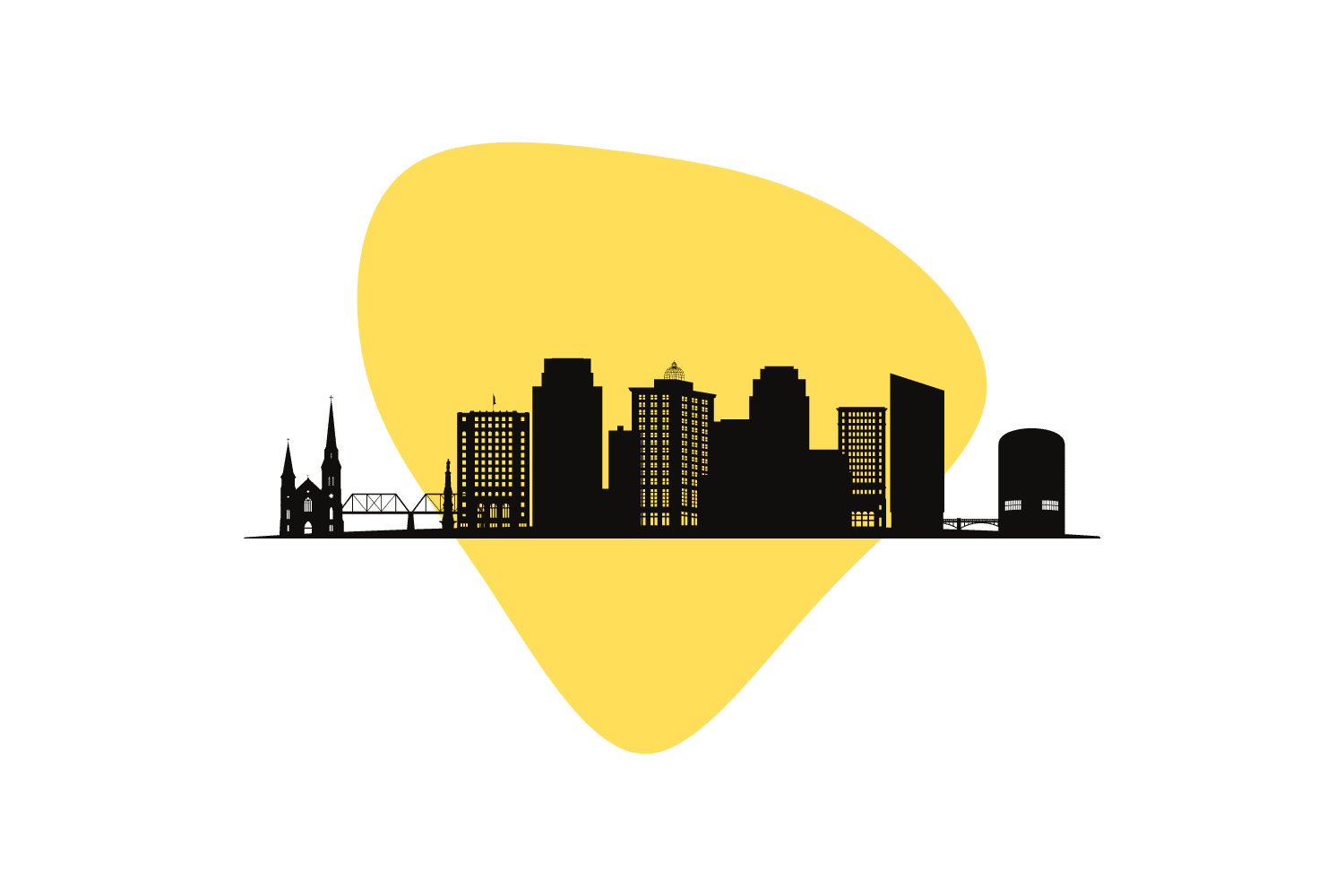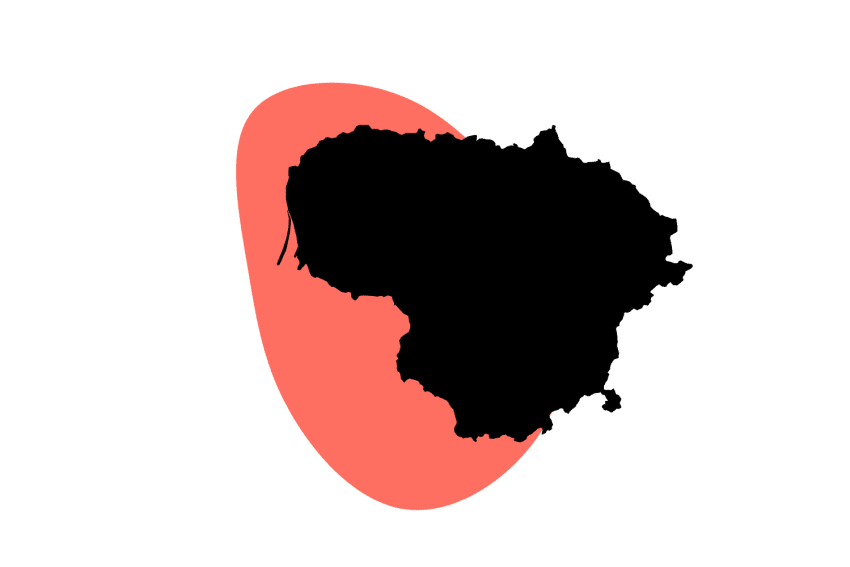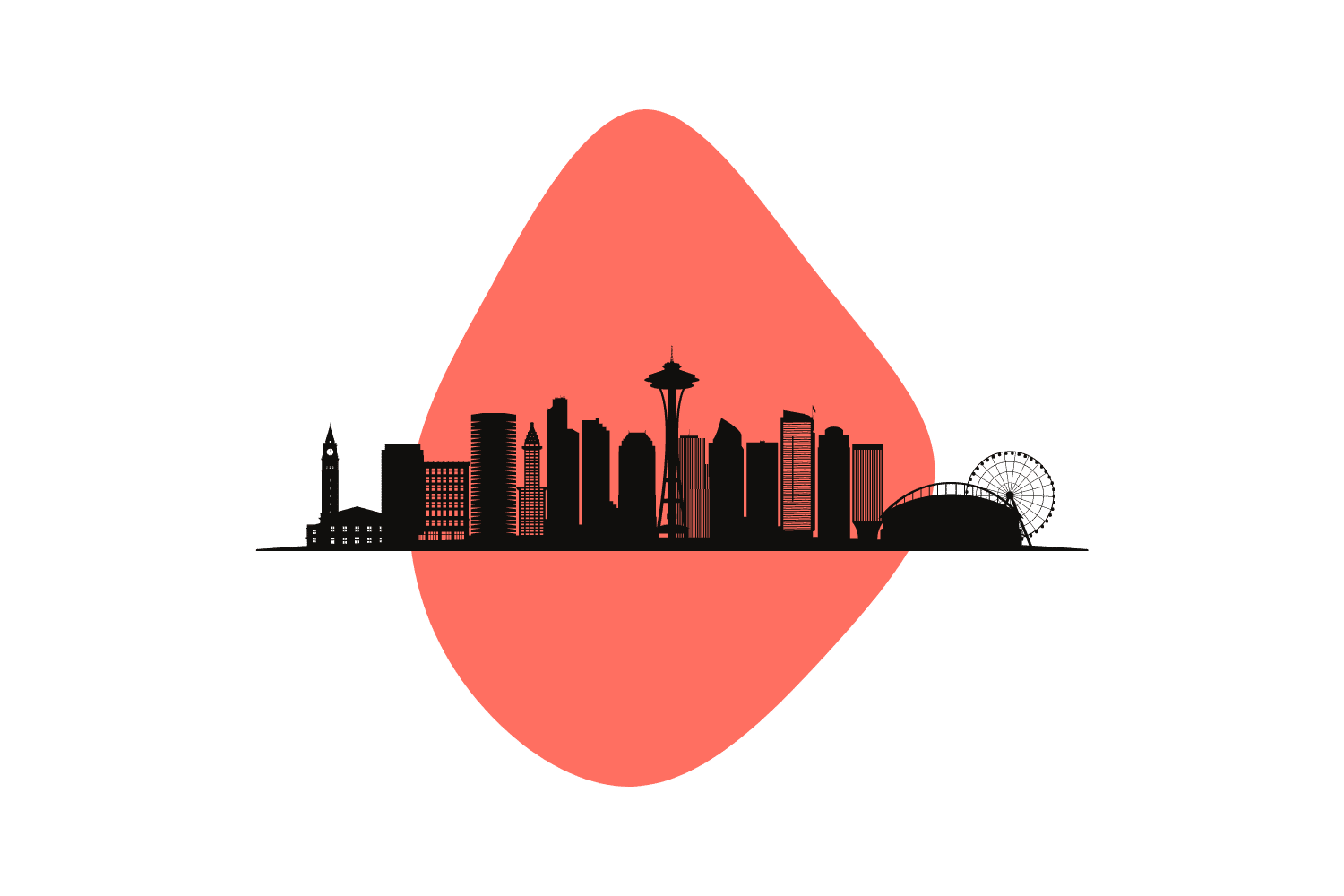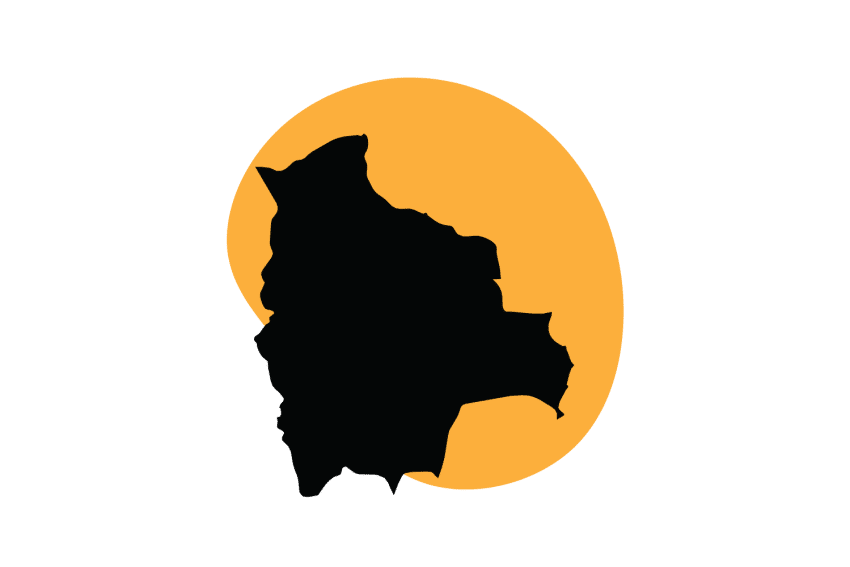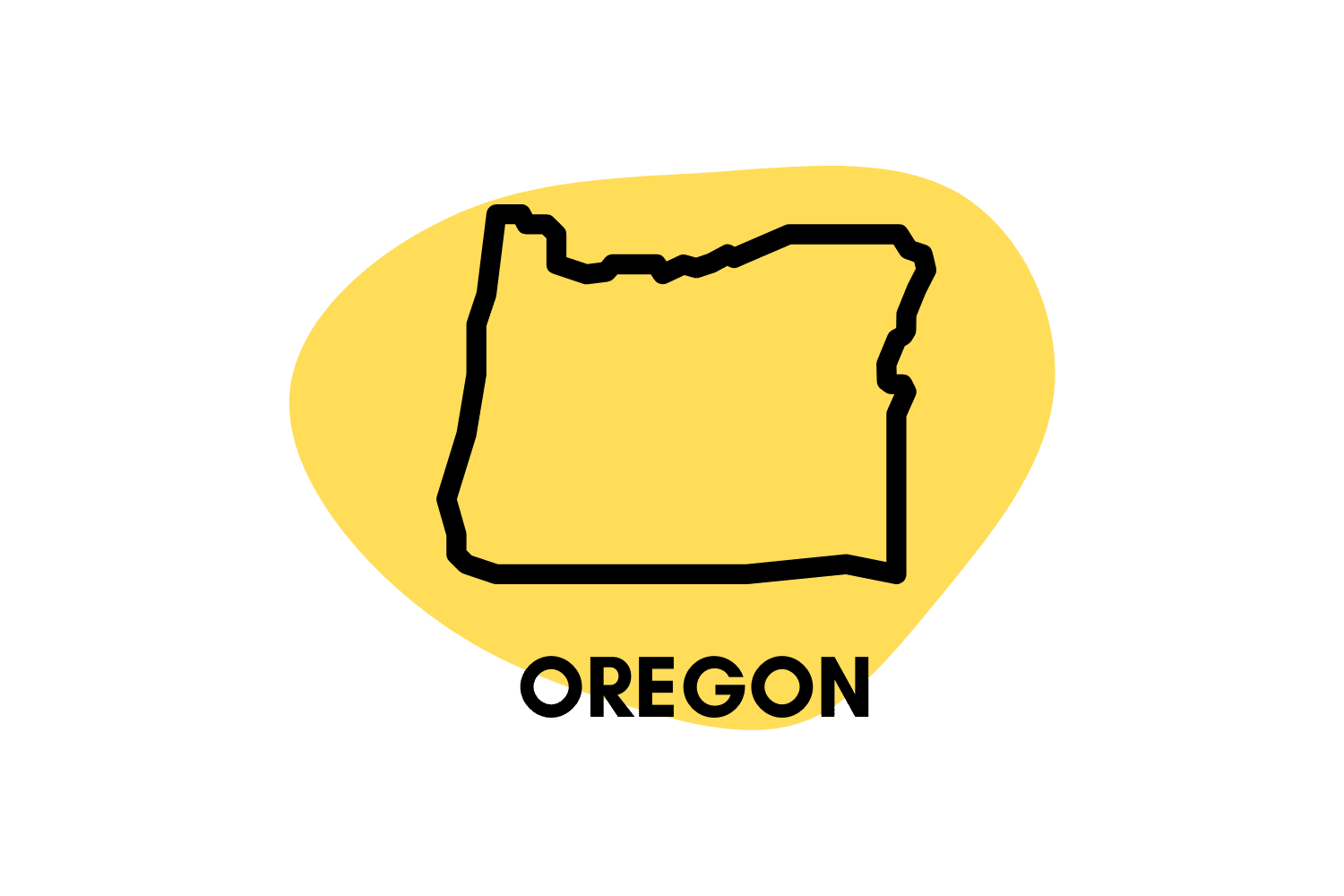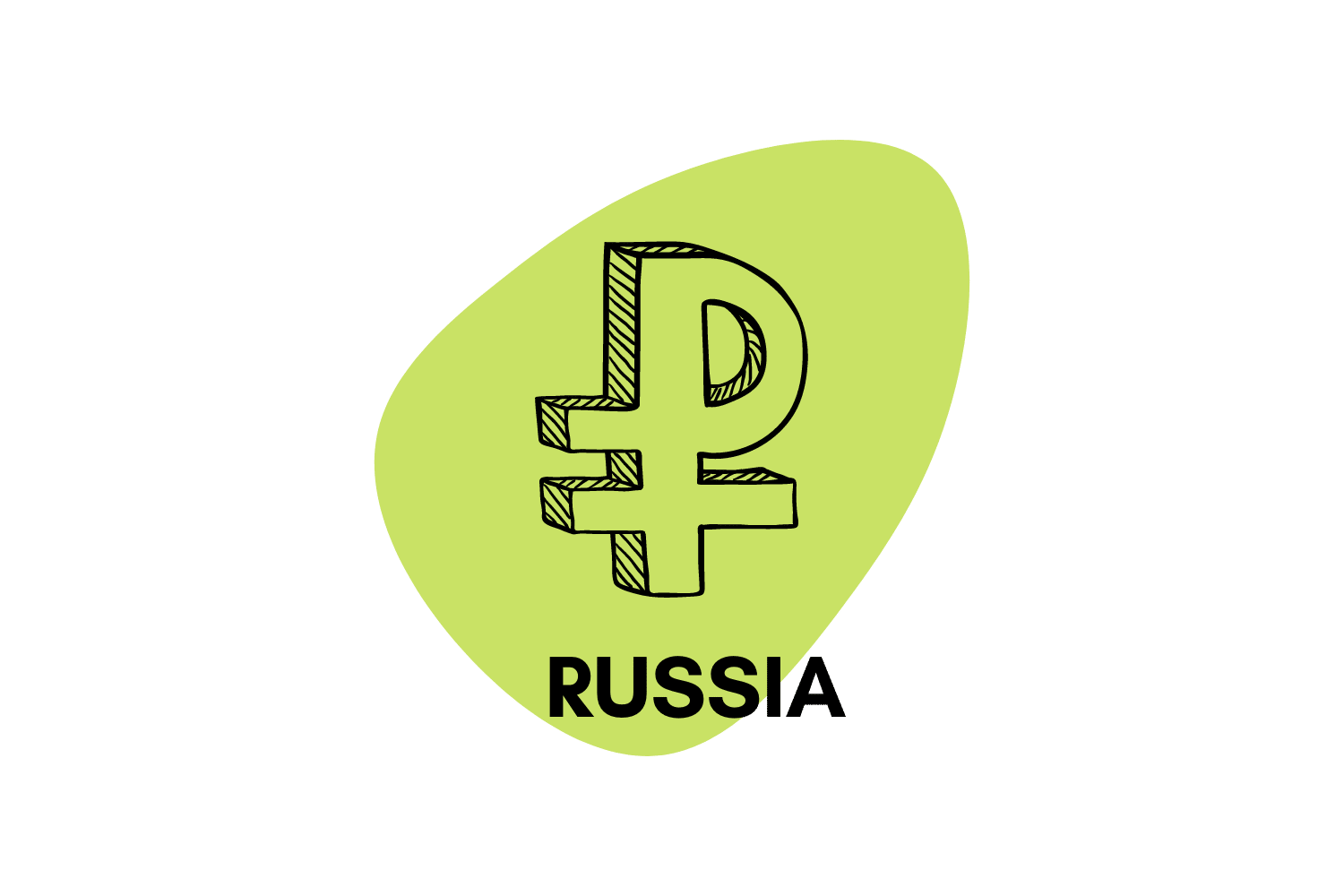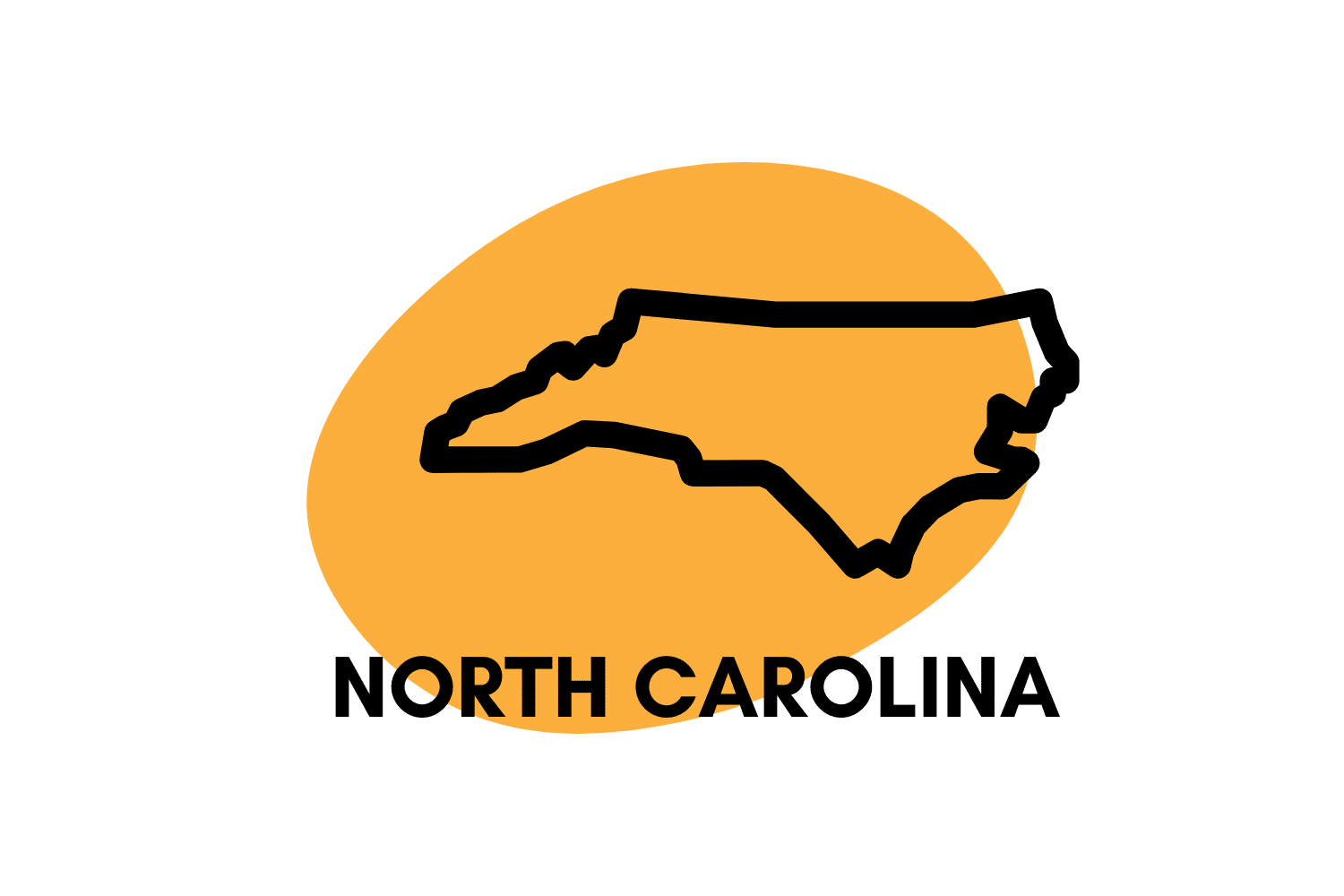Is Sweden Any Closer to Relaxing its Psychedelic Drug Laws?
Sweden is pretty unforgiving when it comes to drugs, but how long can they hold their stance as their neighbors become more relaxed?
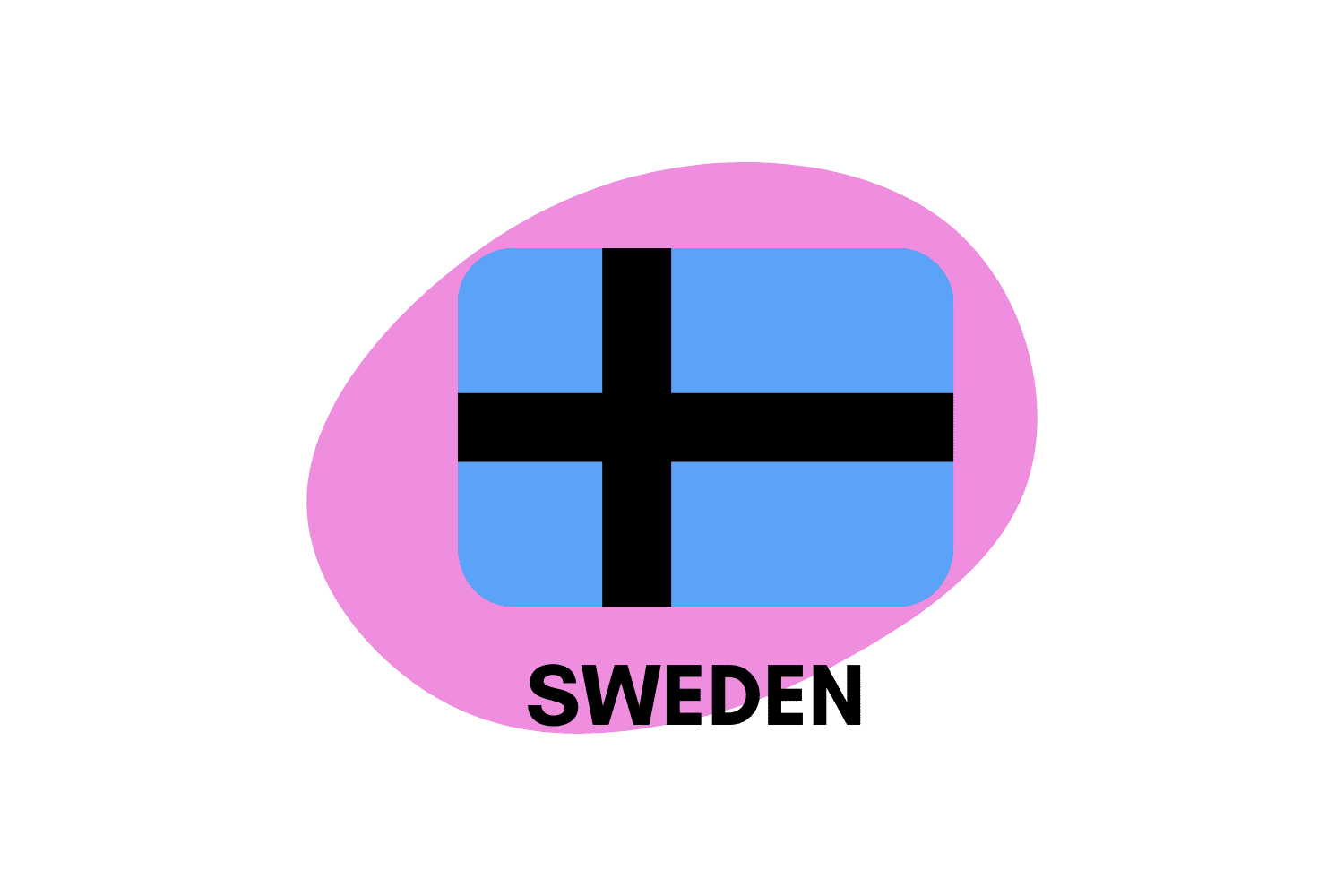
Sweden is a country known for its zero-tolerance drug policy.
Possessing MDMA, LSD, DMT, or magic mushrooms in Sweden could cost you up to six months in jail and hefty fines.
However, Sweden is on the edge of a psychedelic renaissance, and things are likely to change over the next 2–5 years.
Summary of Psychedelic Drug Laws in Sweden
- Quantity, type of drug, and circumstances can determine whether possession is a petty offense or criminal drug offense
- Penalties for drug possession can carry up to three years in prison
- A separate law controls substances that can be dangerous and used for intoxication but are not already scheduled; penalties include a fine and/or up to one year in jail
Sweden: Drug & Penalties Chart
| Class | Substance | Psychedelics | Penalties |
| I Drugs without medical use | Cannabis, heroin | MDMA, LSD, STP, ibogaine, DPT, NBOMe | Up to 3 years in prison. If deemed a petty offense (involving a very small amount), it carries up to 6 months in prison or a fine based on offender’s income |
| II Drugs with limited medical use and high risk of addiction | Amphetamines, cocaine, methadone | — | See above |
| III Drugs with medicinal use and risk of addiction | Codeine | — | See above |
| IV Drugs with medicinal use and low risk of addiction | Barbituates, benzos, buprenorphine | — | See above |
| V Drugs prohibited in Sweden but not internationally | Substances outside of international control | — | See above |
Sources:
- Narcotics Penal Code
- Ordinance On the Control of Drugs
- National Drug Policy
- Drug Laws/Individual Listing for SWEDEN
- Act on the Prohibition of Certain Goods Dangerous to Health
Are Magic Mushrooms Legal in Sweden?
No. Magic mushrooms are illegal in Sweden.
Getting caught possessing psilocybin-containing mushrooms in Sweden can cost you six months in prison and fines.
In Sweden, psilocybin is classified as a Schedule I drug. This list includes drugs that the Swedish state bans due to their health risk. However, some experts disagree with this and are calling for psilocybin to be reclassified.
Magic mushroom spores are not banned in Sweden. Since they do not contain psilocybin, possessing and buying spores is legal. However, it is expressly forbidden to grow them to maturity.
Map of Magic Mushroom Decriminalization in Europe
Do Magic Mushrooms Grow Wild in Sweden
Yes, there are psychedelic mushroom species native to Sweden. The cold winters limit the number of species that can grow here, but the wet seasons mean copious amounts of mushrooms during the early spring and fall.
The most common psilocybin-containing mushroom species in Sweden include:
- Psilocybe semilanceata (Found in wet grasslands)
- Psilocybe cyanescens (Found alongside trails and in gardens)
- Psilocybe baeocystis (Found near forests during temperate times)
- Psilocybe cubensis (Found during the warmer months)
What Are the Medicinal Uses of Shrooms?
Studies have shown that both psilocybin and psilocin have clear medicinal benefits and a high level of safety.
Because of this, some European countries have started to reconsider the legal classification of mushrooms.
Most medicinal research on psilocybin involves conditions like existential anxiety (during palliative care), depression, PTSD (post-traumatic stress disorder), addiction, and cluster headaches.
There is also evidence to support the use of magic mushrooms and other psychedelics to improve problem-solving skills and make us more creative.
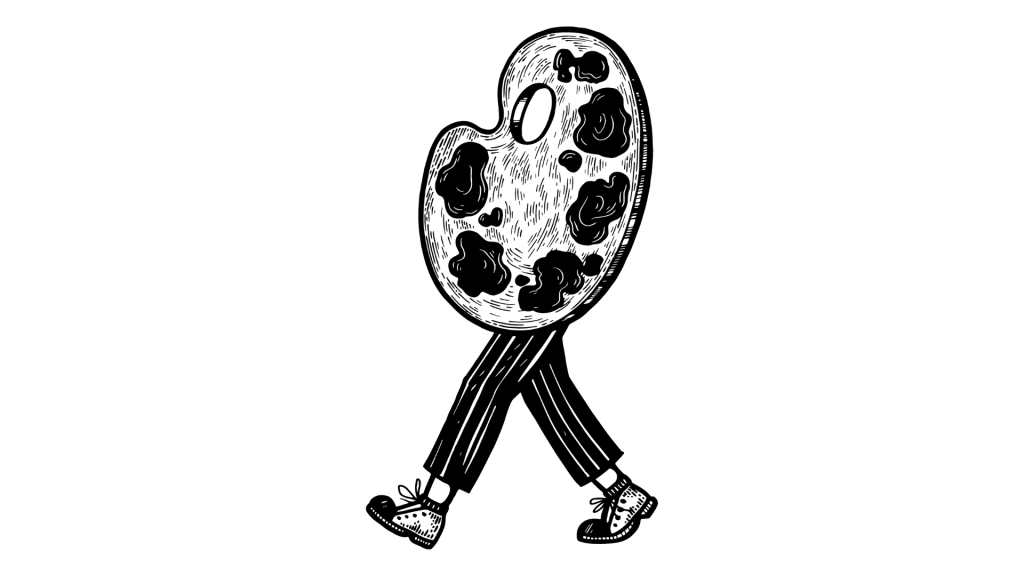
Is LSD Legal in Sweden?
Like magic mushrooms, LSD (lysergic acid diethylamide) is illegal in Sweden.
Possession can cost you six months in prison or more if there are aggravating factors in the case.
LSD is a semi-synthetic compound that, like psilocybin, stimulates the brain’s serotonin receptors. Thanks to more than 60 years of research, scientists have proven that LSD is a safe substance. In fact, we still haven’t identified the LD50 (measurement of the toxic dose of a given substance).
There are a variety of LSD analogs in circulation in Sweden as well. Some vendors position them as legal alternatives because there’s no mention of them on the official list of banned substances.
A few examples of other lysergamide derivatives include LSZ, 1P-LSD, PRO-LAD, AL-LAD, ETH-LAD, and ALD-52.
Is MDMA Legal in Sweden?
No, MDMA (ecstasy) is illegal in Sweden. It’s classified as Schedule III under Swedish law (Narkotikastrafflag 1968:64).
This means that possessing MDMA can cost you up to six months in prison and fines.
Thanks to the medicinal uses of MDMA, some countries are reconsidering decriminalizing it. However, Sweden is particularly strict in its drug policy, so the authorities have not opened this debate yet.
Is Ketamine Legal in Sweden?
No. Ketamine is illegal in Sweden.
However, the authorities classify it as Schedule IV, as it has recognized medical uses. Possessing ketamine without authorization can cost you up to six months in prison.
This substance is commonly used as a pain reliever for surgery. In addition, research in recent years has proven that ketamine can help with depression. However, as mentioned above, it is illegal for recreational use in Sweden.
Is DMT Legal in Sweden?
No. DMT (dimethyltryptamine) is illegal in Sweden.
According to Swedish law, all types of DMT are prohibited, including N,N-DMT, 5-MeO-DMT, and 4-AcO-DMT.
The penalties for possessing DMT are the same as for all other prohibited substances — up to six months in prison and various fines.
In addition, it’s illegal to manufacture DMT in Sweden. While DMT is abundant in many plants, manufacturing it carries harsher penalties than possession.
Related: Ultimate Guide to DMT Vape Pens.
What’s the Difference Between Legalization & Decriminalization?
Legalization and decriminalization are two concepts that are easily confused. While they are similar, they have some crucial differences.
Decriminalizing a drug means that the authorities remove or reduce its penalties. However, the drug and its sale remain illegal. Many countries have taken this stance on psychedelics to facilitate scientific research.
On the other hand, legalizing a substance allows and controls the sale of the drug to the general public, either for medicinal or recreational use. For example, many countries are legalizing cannabis because of its medical potential.
In general, decriminalization is an intermediate step before legalization. However, it does bring some benefits, such as a decrease in drug violence. It also facilitates help for addicts and frees the courts from petty crimes.
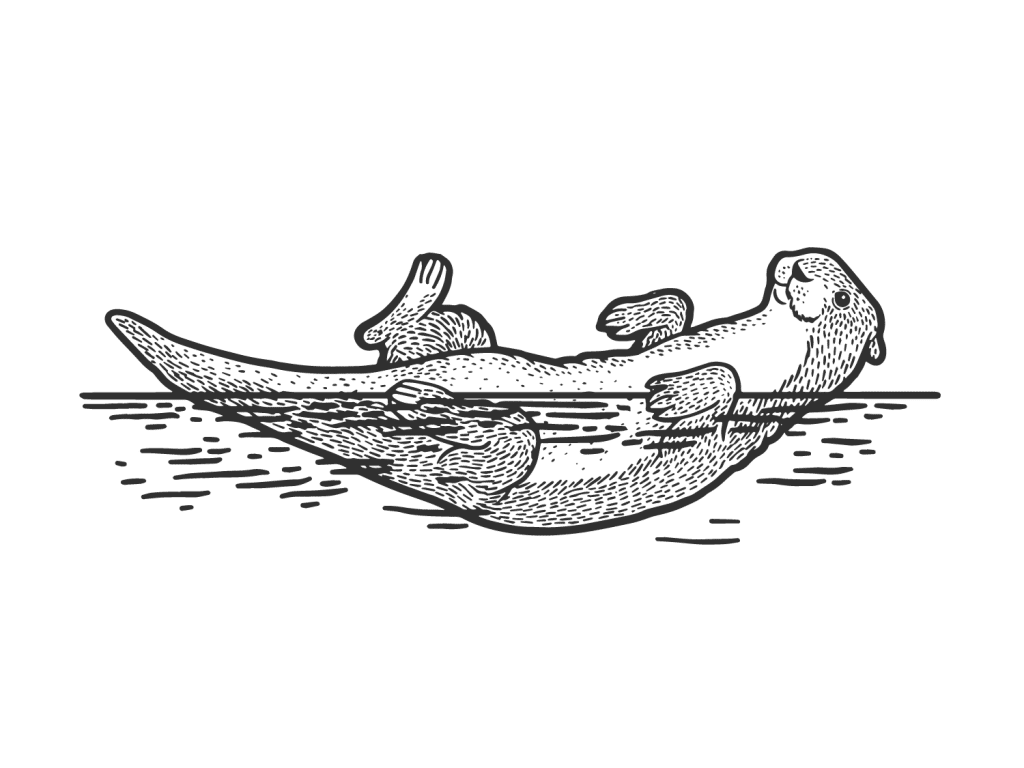
Key Takeaways: What’s the Future of Psychedelics in Sweden?
Sweden is known for its harsh drug laws due to its zero-tolerance policy. Possessing any controlled substance can cost you six months in prison and hefty fines.
Some European countries have opened the debate on decriminalization as well, such as Spain and Portugal.
Still, Sweden has not expressed a clear opinion on this subject. Due to the rigidity of its laws, likely, Sweden won’t make any major moves to legalize or decriminalize psychedelics for at least a few more years.

